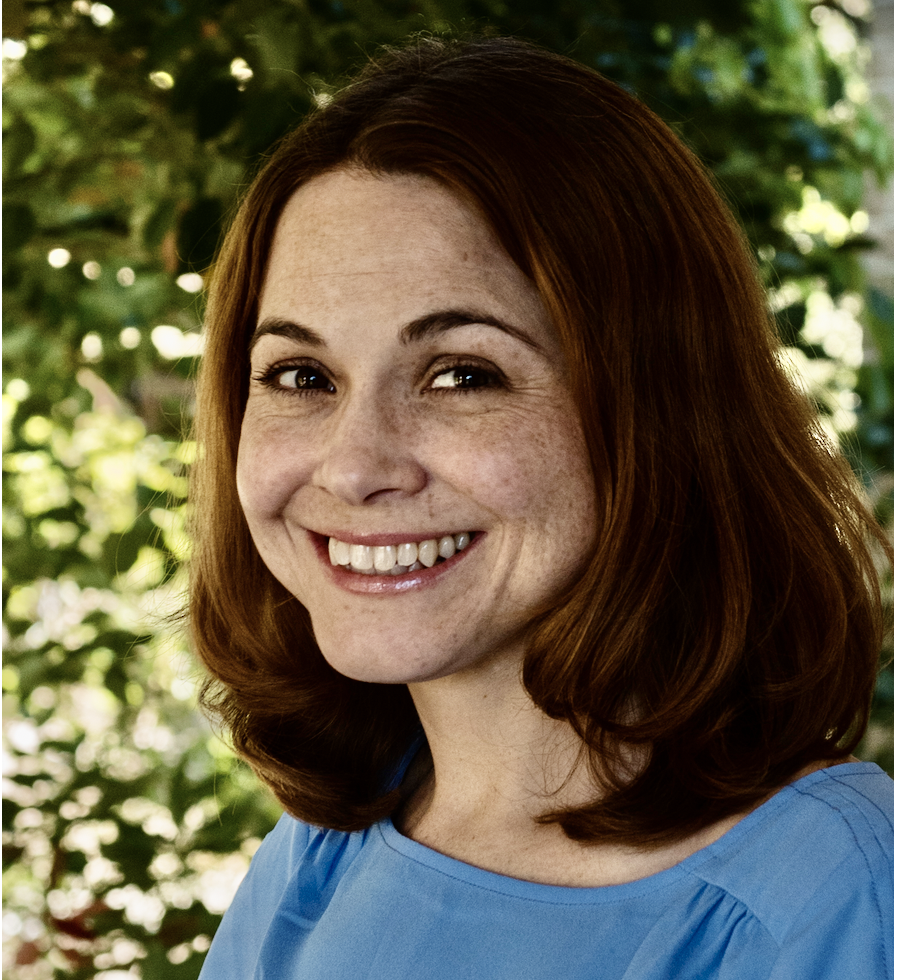By Erin Coyle
I have encouraged students to engage in active learning to deepen their understanding of journalism, history, law, and ethics for more than a decade. I have followed examples set by two mentors who showed care for students when encouraging students to move beyond their comfort zones. Their examples inspire me to encourage students to engage with historical records, explore areas they might not have previously imagined, reflect upon what they have learned, and create high-quality work.
During high school, I discovered that requiring students to learn by reading texts might not work for every student. At times, vertigo prevented me from reading. Some people suggested I should wait to be educated when my health was better. Instead, I requested audio recordings from The Tri-State Independent Blind Society. When assigned books, plays, or poems were not available in audio format, a retired English teacher provided other options. When it came time to read Shakespeare’s plays, she brought records from a local library so we could experience the plays together. I gained a deeper understanding and appreciation of the material, especially as I heard performances of plays and discussed what I heard with a person who showed she cared about my learning.
When I was an undergraduate student studying journalism history at Emory University, Loren Ghiglione inquired about each student’s interests. He ensured our interests fit with the topic of our most substantial assignment. Each student was required to interview a Black journalist or leader from the Civil Rights Movement and write a book chapter about the person we interviewed. I interviewed and wrote about an octogenarian Black journalist who covered KKK rallies in Stone Mountain, Georgia. He recalled snapping photographs. After the camera flash alerted KKK members to his presence, he ran for his life.
Loren later drove my classmates and me from Atlanta, Georgia, to Angola Prison in Louisiana. Angola was the country’s largest maximum-security prison. Wilbert Rideau, a director of an award-winning documentary and editor of an award-winning prison publication, was our tour guide. Rideau became a journalist after the U.S. Supreme Court overturned his original conviction in 1963. The Court held Rideau’s due process rights were denied in 1961 when he was not allowed to have his trial held outside the parish where a television station broadcast a sheriff’s interview of Rideau before his first trial. He subsequently was tried and convicted. He was still appealing his conviction while serving a life sentence when he showed my class around the prison. As we rode through the grounds, Black prisoners were working in fields under the watch of white guards, I felt as if I was traveling through time.
Those experiences shaped how I teach undergraduate and graduate-level journalism and mass communication courses . My journalism law, ethics, and history students have listened to the Journalism History podcast to learn historical context about journalism, the Civil Rights Movement, and threats to free expression rights. To help students gain greater understanding of research, I have shared some of the documents I have analyzed for my research on journalism history and free press and fair trial rights. Together, students and I have reviewed primary and secondary historical records during class meetings. We have analyzed and discussed news coverage of Rideau’s case, then we have reflected on the significance of the messages those reports convey. Such activities have fostered understanding of journalism history and culture while preparing students to complete research-based projects on topics they select.
Erin Coyle is an associate professor in journalism at the Temple University Klein College of Media and Communication.

